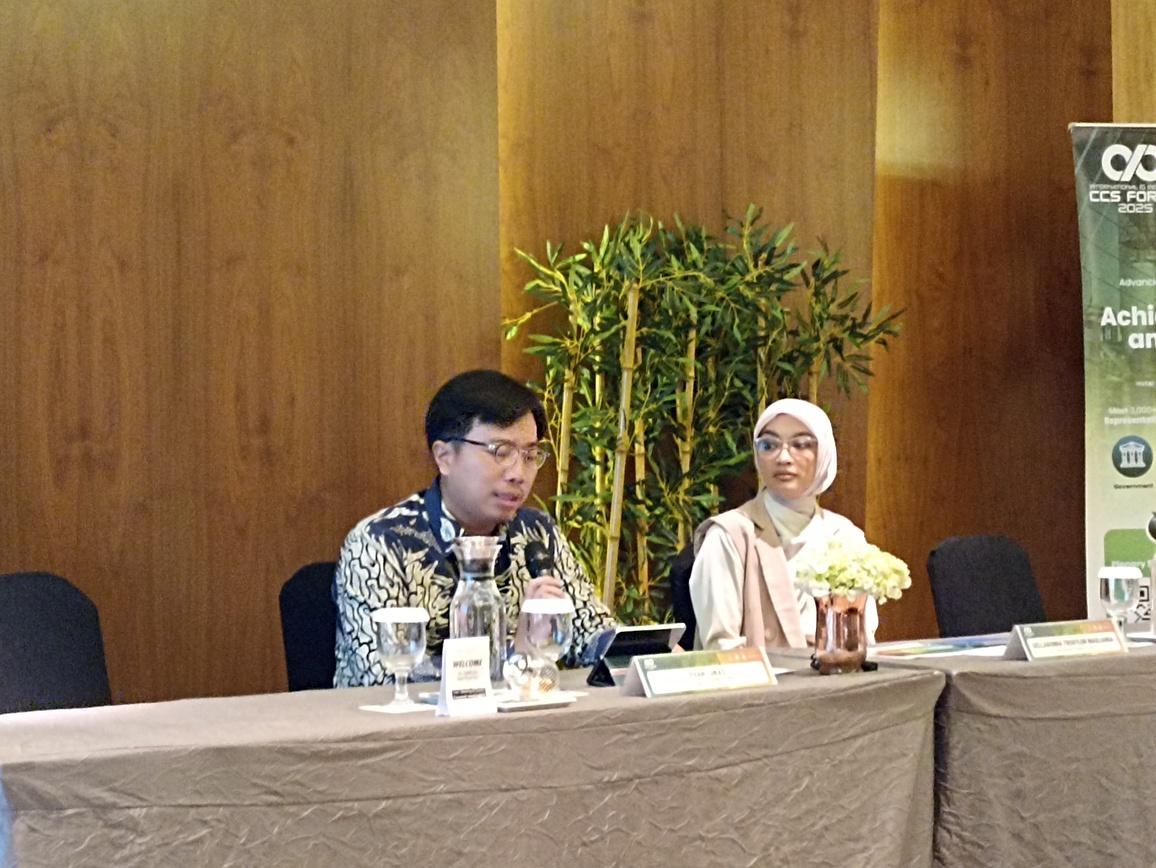Indonesia is making significant strides in its commitment to environmental sustainability by investing heavily in Carbon Capture and Storage (CCS) technologies. With a reported investment of $3.8 billion, the nation is positioning itself as a leader in the CCS sector, aiming to reduce carbon emissions and foster a greener economy.
The Rise of Carbon Capture Investment in Indonesia
The Indonesian government's focus on CCS is part of a broader strategy to meet its climate goals and transition to a low-carbon economy. The substantial investment underscores the country's dedication to developing infrastructure that can effectively capture and store carbon emissions from various industrial sources.
This financial commitment is not only a testament to Indonesia's environmental priorities but also a signal to international investors about the nation's readiness to collaborate on sustainable projects. The influx of funds is expected to accelerate the development of CCS facilities across the archipelago, enhancing the country's capacity to manage its carbon footprint.
Global Partnerships Fueling Indonesia's CCS Ambitions
Indonesia's CCS initiatives have attracted attention from global energy corporations. Notably, ExxonMobil has announced plans to invest $15 billion in establishing petrochemical and CCS facilities within the country. This move is anticipated to bolster Indonesia's CCS capabilities and contribute significantly to its emission reduction targets.
Such international collaborations are crucial for technology transfer, capacity building, and the sharing of best practices. They also reflect the confidence of multinational companies in Indonesia's regulatory framework and commitment to sustainable development.
Strategic Importance of CCS in Indonesia's Energy Landscape
CCS technology is pivotal in Indonesia's strategy to balance economic growth with environmental stewardship. By capturing carbon emissions from power plants and industrial processes, CCS helps mitigate the impact of fossil fuels while the country gradually shifts towards renewable energy sources.
The development of CCS infrastructure also opens avenues for Indonesia to participate in the global carbon market. With its vast geological formations suitable for carbon storage, the country has the potential to offer storage services to neighboring nations, thereby creating new revenue streams and strengthening regional cooperation on climate action.
Regulatory Framework and Future Outlook
To facilitate the growth of CCS projects, the Indonesian government has been working on establishing a robust regulatory framework. Clear policies and incentives are essential to attract further investment and ensure the successful implementation of CCS technologies.
Looking ahead, Indonesia's continued focus on CCS is expected to play a significant role in achieving its Nationally Determined Contributions (NDCs) under the Paris Agreement. The integration of CCS into the national energy strategy signifies a proactive approach to addressing climate change while maintaining energy security and economic development.
Conclusion
Indonesia's $3.8 billion investment in Carbon Capture and Storage marks a significant milestone in its journey towards a sustainable and low-carbon future. Through strategic partnerships, regulatory support, and a clear vision, the nation is poised to become a regional leader in CCS, demonstrating that economic growth and environmental responsibility can go hand in hand.
Read More






 Sunday, 01-02-26
Sunday, 01-02-26







